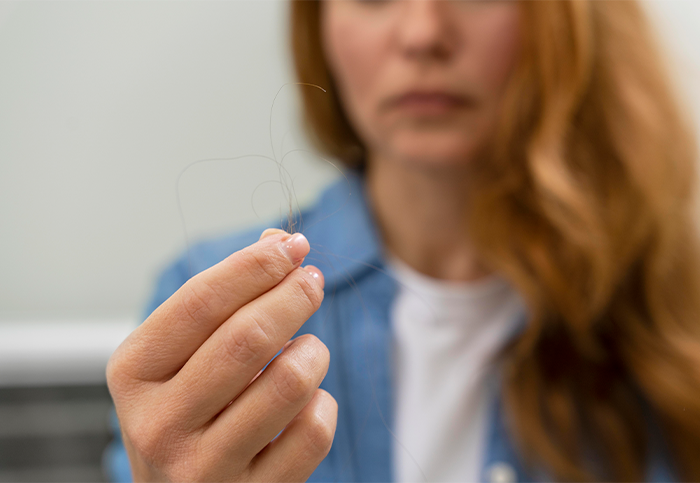Importance of Iron and It’s Supplements
In 2018, a National Nutrition Survey was conducted, and lower iron status among the children and women was observed. According to the survey, almost 28.6% of the children, under age five, were iron deficient whereas 18.2% of the women were found to be deficient in iron, with the ratio slightly higher in rural areas.
The importance of iron can be understood by the roles it plays in our body and how its deficiency can lead to the onset of several health problems. And, from the findings of the survey, it is clear that we are severely lacking iron in our diets and the bodies as well.
Why iron is needed?
Iron is a micronutrient which means it is needed in a lesser amount by our body but it doesn’t mean that it has no major role in the body. The most prominent role that iron has is the formation of hemoglobin, a protein responsible for carrying oxygen throughout the body.
Besides the formation of hemoglobin, iron is also important for the development of the brain in growing children, maintaining a healthy pregnancy, supporting heart health, and reducing fatigue associated with low iron levels.
How do I know whether I am deficient or not?
Ever feel exhausted after walking a little bit? Or cannot make up to the top stair in one go? Or have trouble memorizing something? Any of these issues could be a sign of low iron levels and should be managed as soon as diagnosed or otherwise, it can become worse.
Moreover, a person whose diet is lacking in meat, beans, green leafy vegetables, and vitamin C-rich foods, is on the verge of getting iron deficient. Therefore, the importance of diet in managing iron levels is very distinctive. But wait for a second and suppose a person has gone deficient in iron and is looking for an alternative to fulfill the deficiency. This is where dietary supplements play their role in managing iron levels.
dietary supplements for iron
The daily intake of iron varies with the age and therefore should be monitored. A person who feels that his/her iron intake is not enough or he/she is not getting enough iron to support the body must go for iron supplements.
1. Fero
It is a dietary supplement that not only contains Iron but also other nutrients that support Iron absorption and also help Iron in the formation of blood cells. Vitamin C present in this dietary supplement enhances Iron absorption whereas Vitamin B12 and B9 are involved in healthy red blood cell formation. A person who has low blood levels, persistent fatigue, and weak memory can benefit from this dietary supplement.
2. Bio Grow
Bio Grow is a dietary supplement that is formulated for the better growth of children, and thus contains different essential vitamins and minerals to support the growth. Iron is also present among those nutrients and that too in a considerable amount for growing children. Unlike Fero, it does not contain Folic Acid but does have Vitamin B12 and Vitamin C to support Iron functioning in the body.
References:
• https://www.healthline.com/nutrition/iron-supplements-who-should-take#who-benefits
• https://www.webmd.com/vitamins-and-supplements/features/iron-supplements
• https://www.medicalnewstoday.com/articles/287228
• https://ods.od.nih.gov/factsheets/Iron-Consumer/#h7



